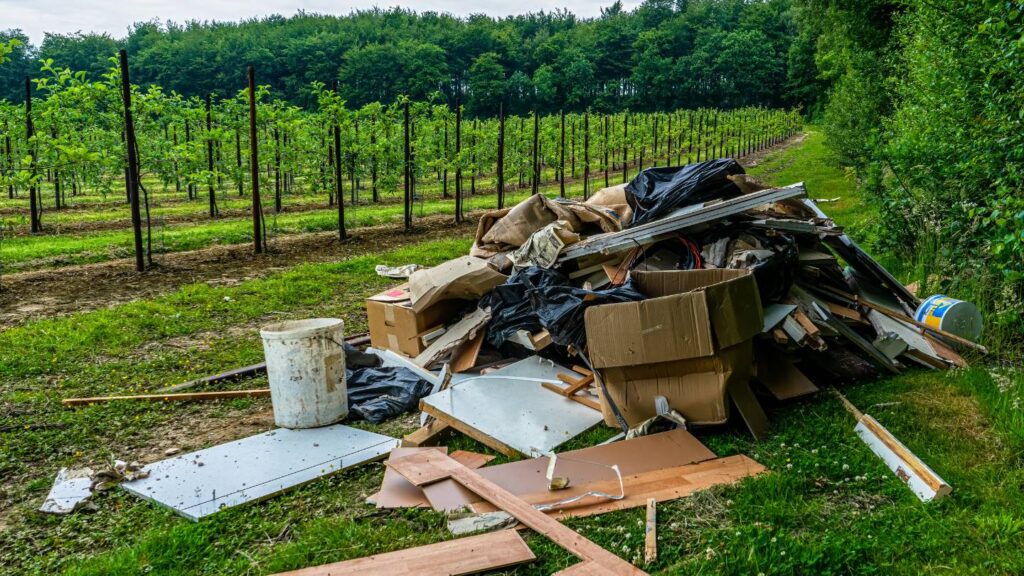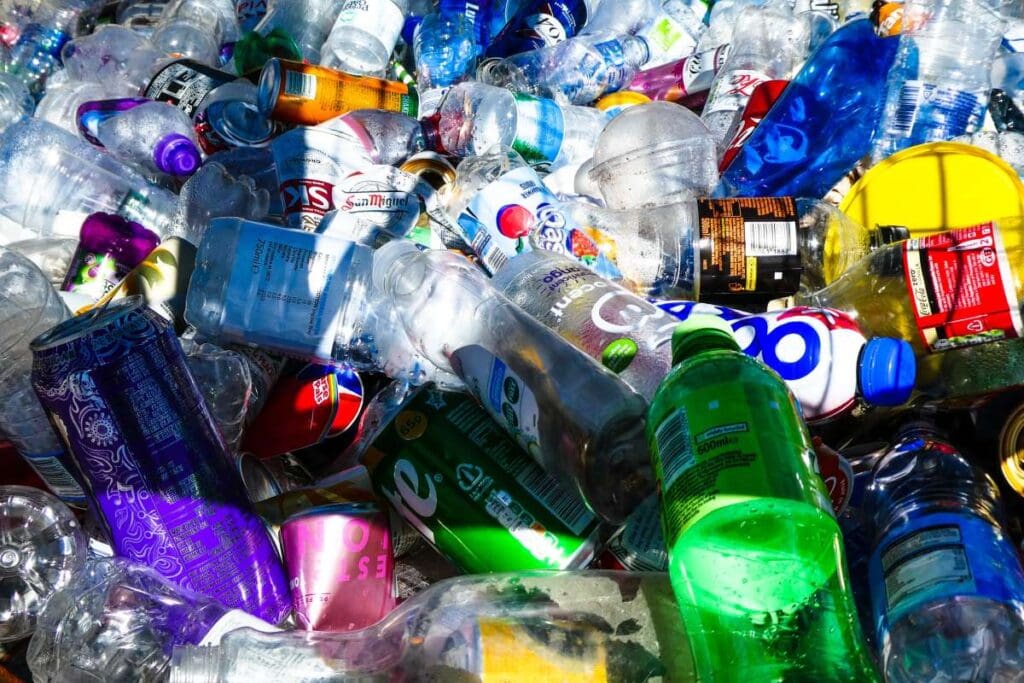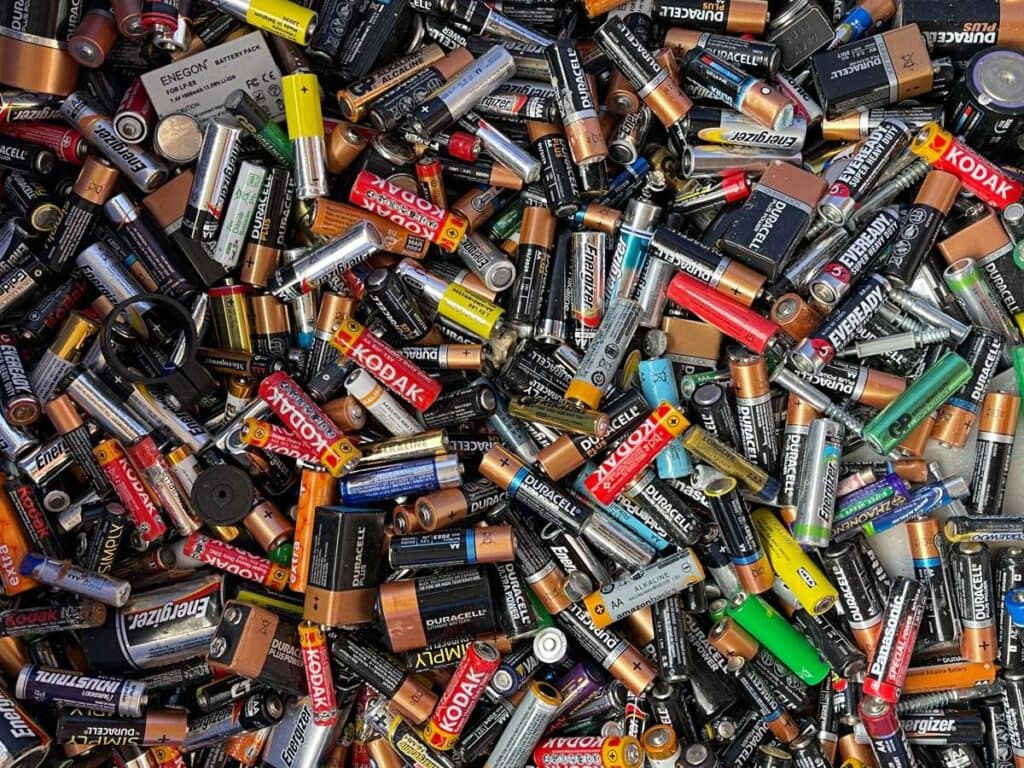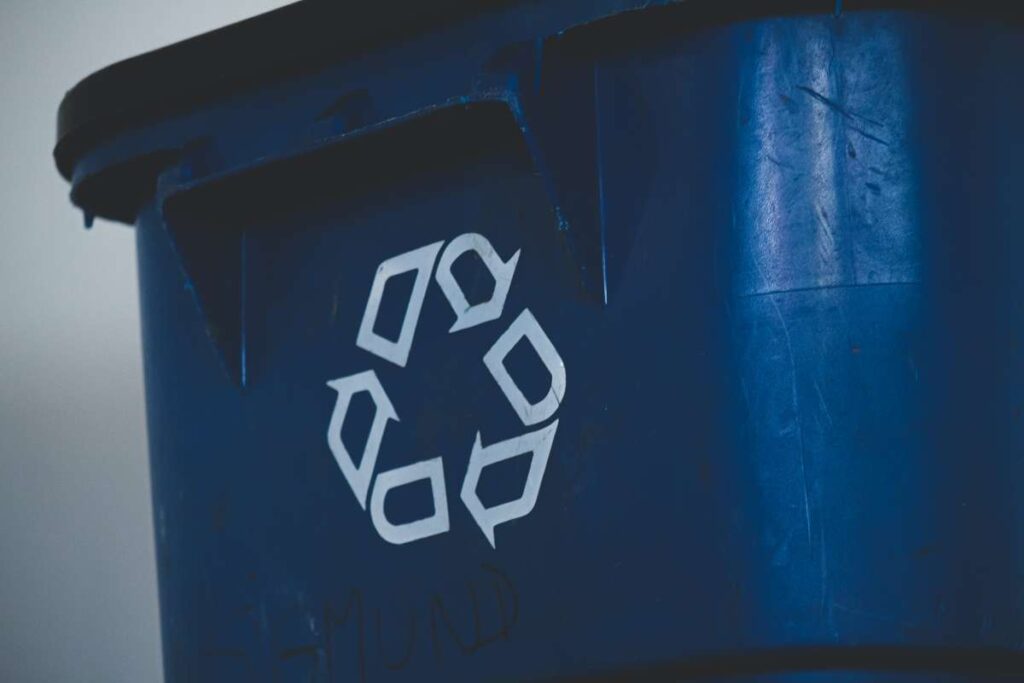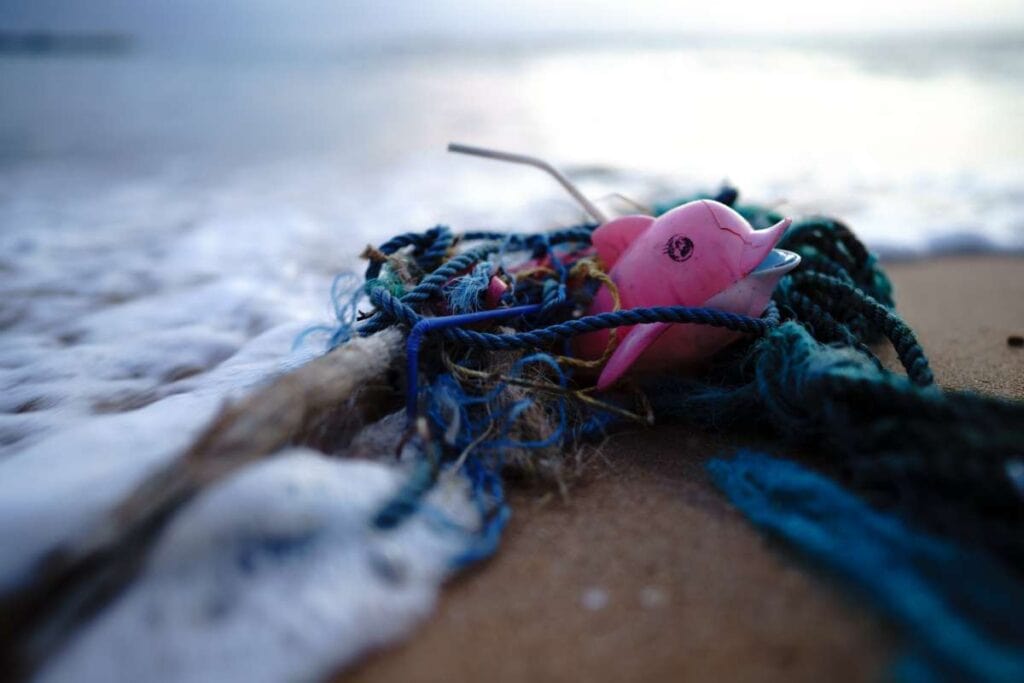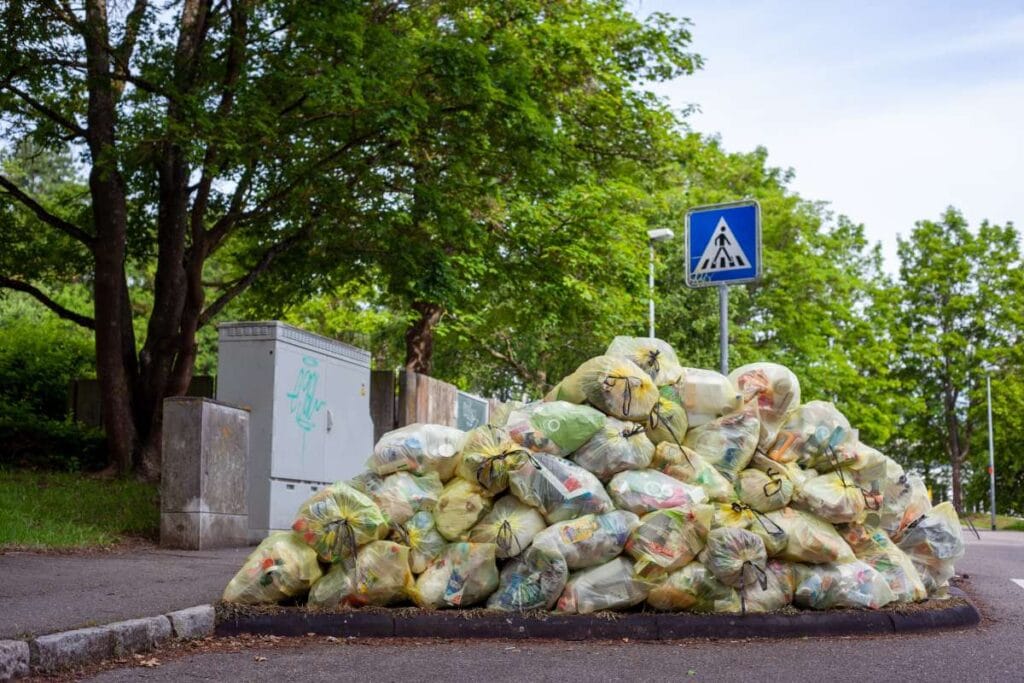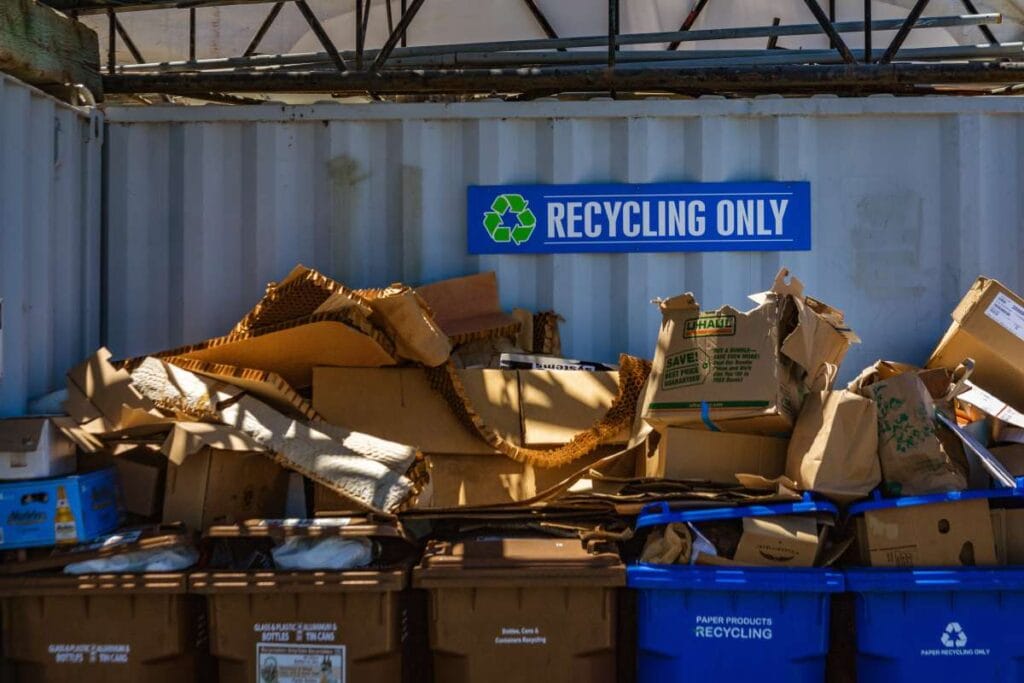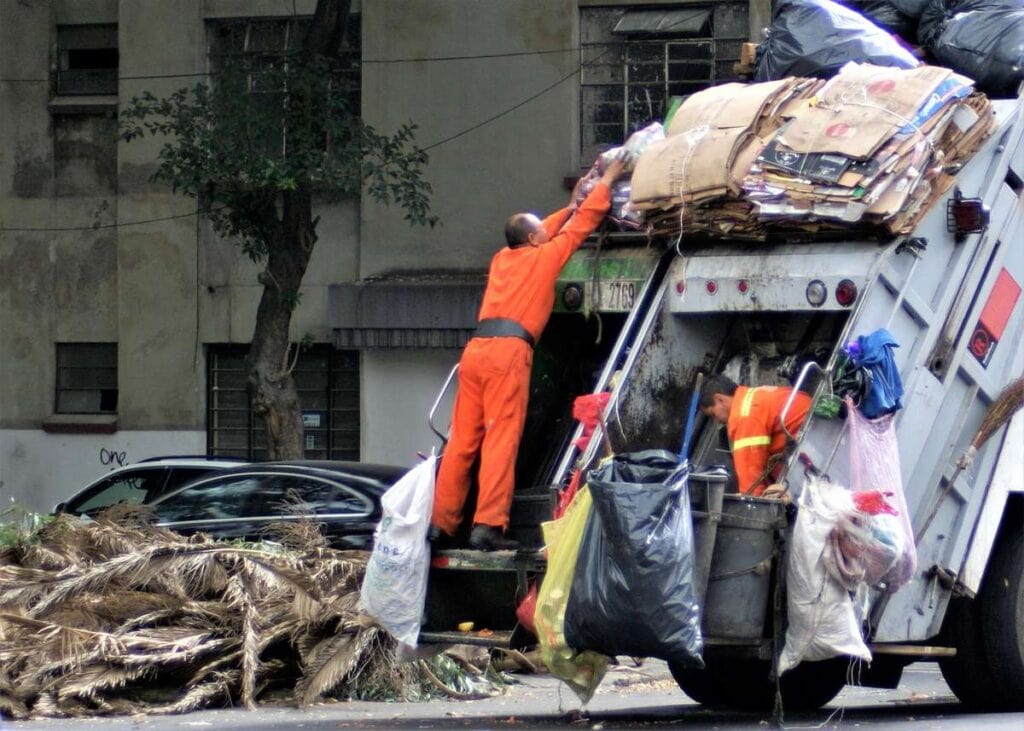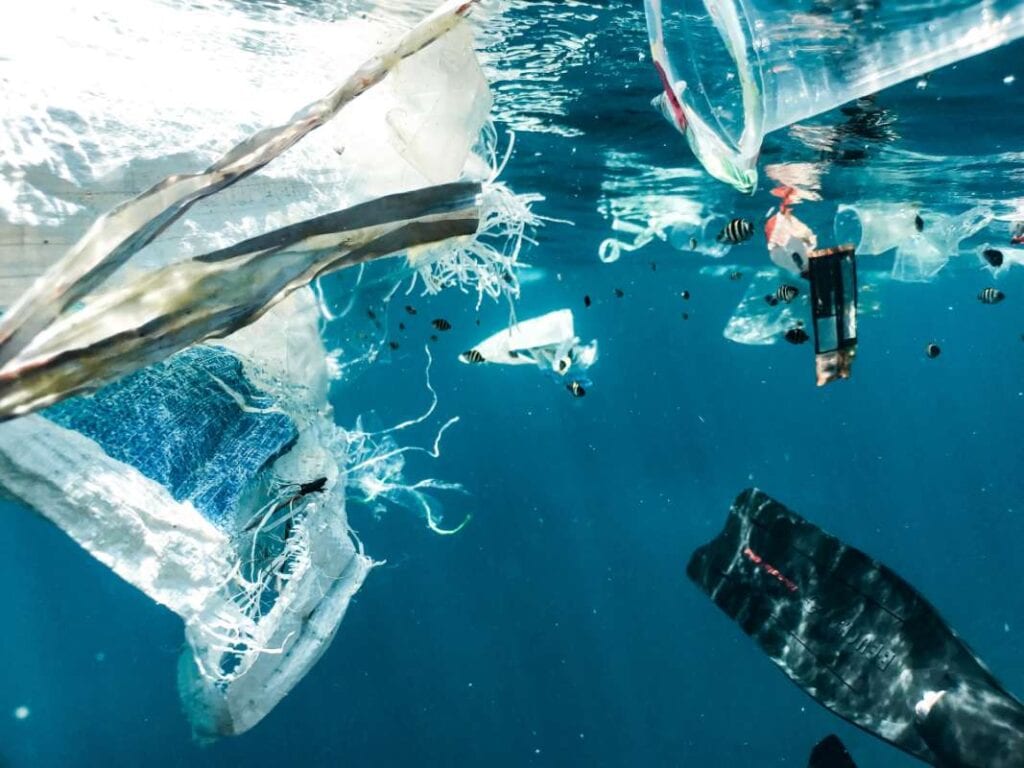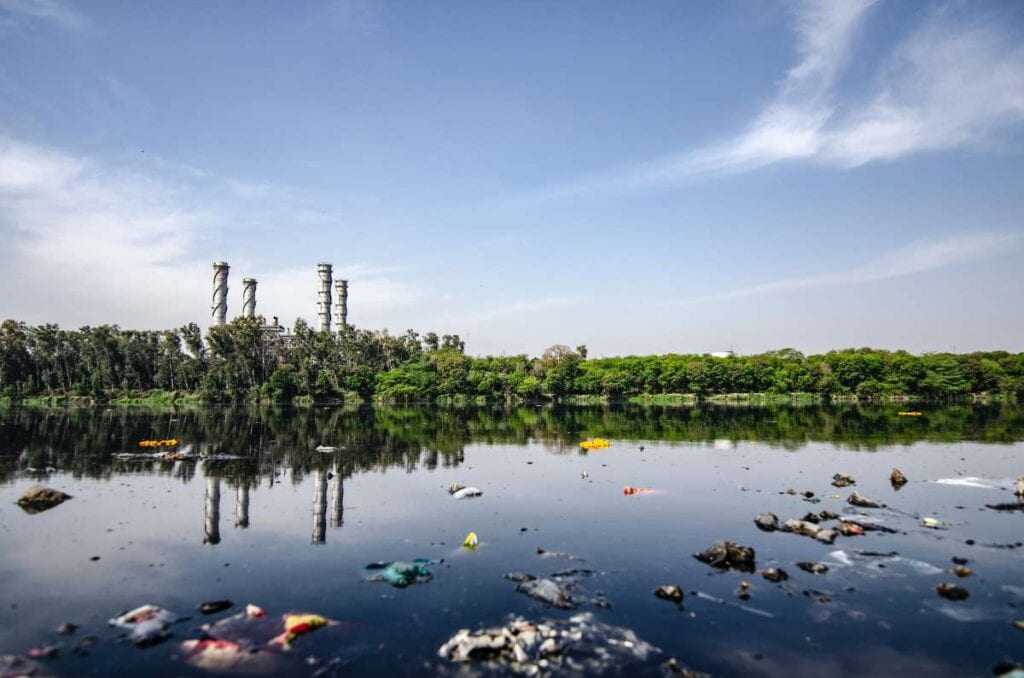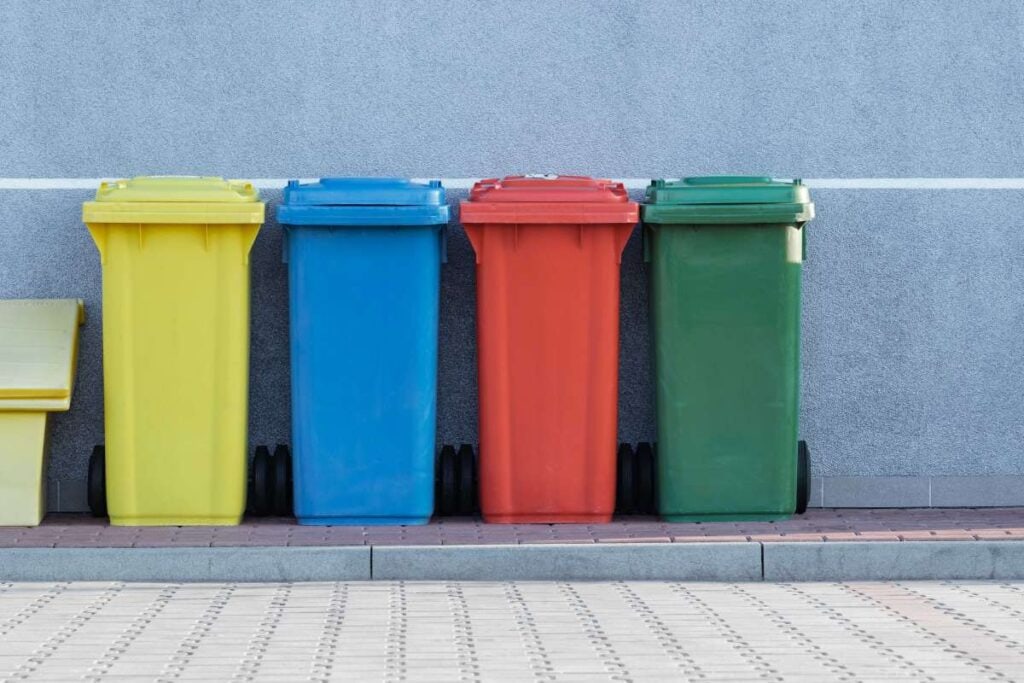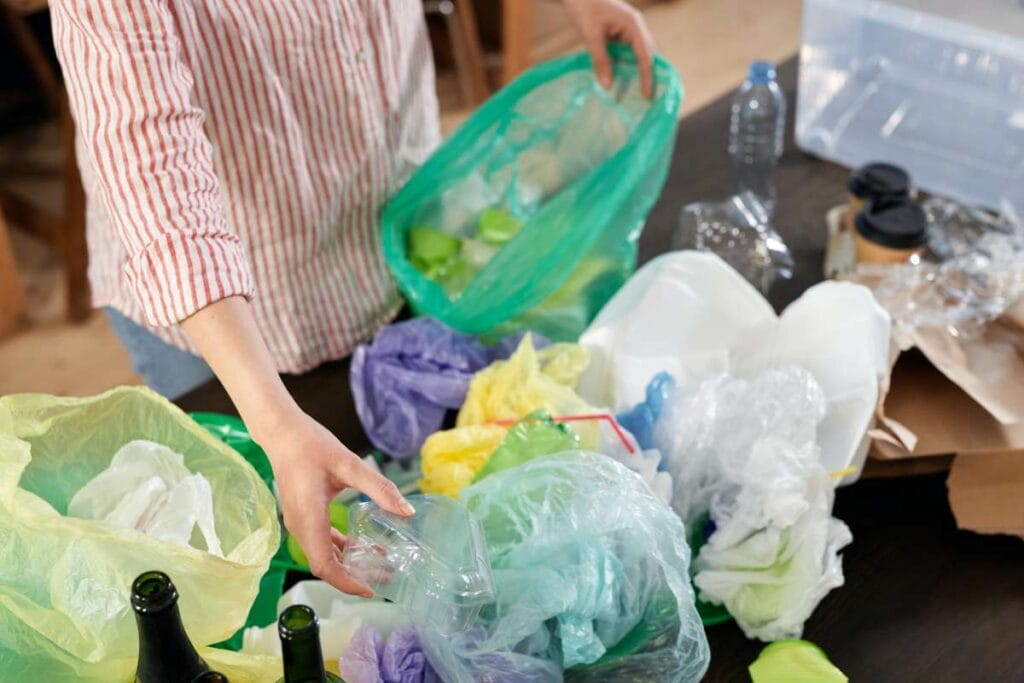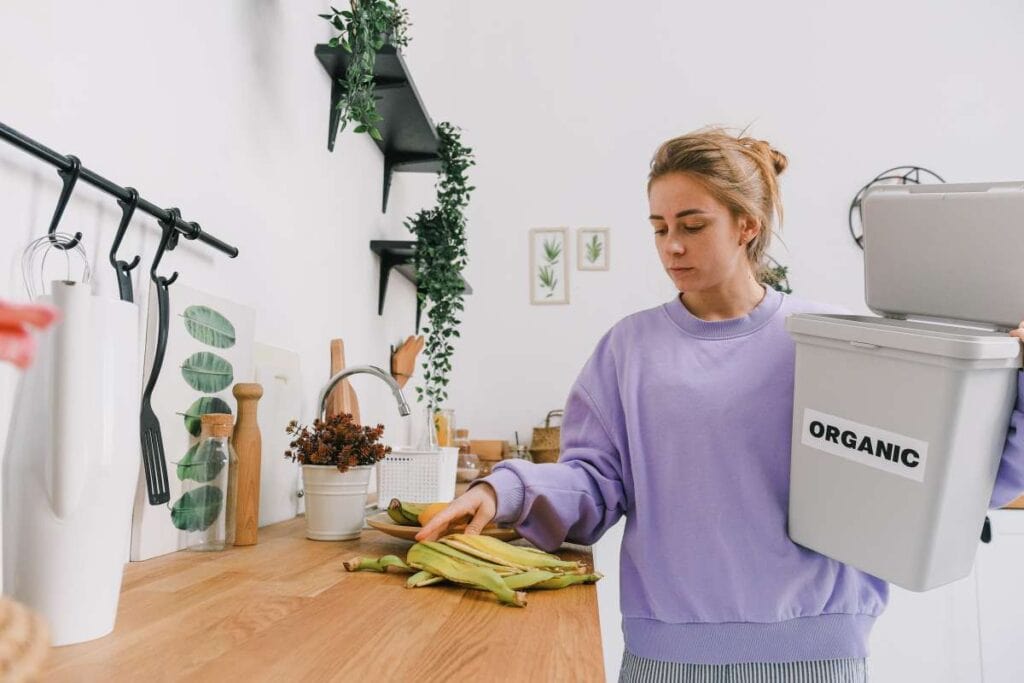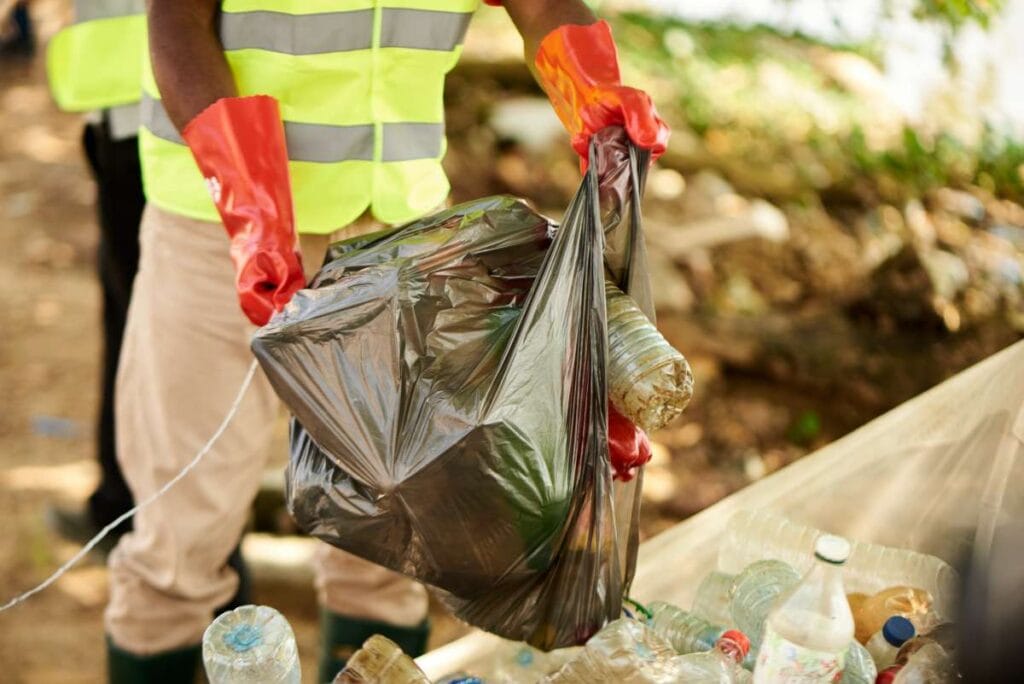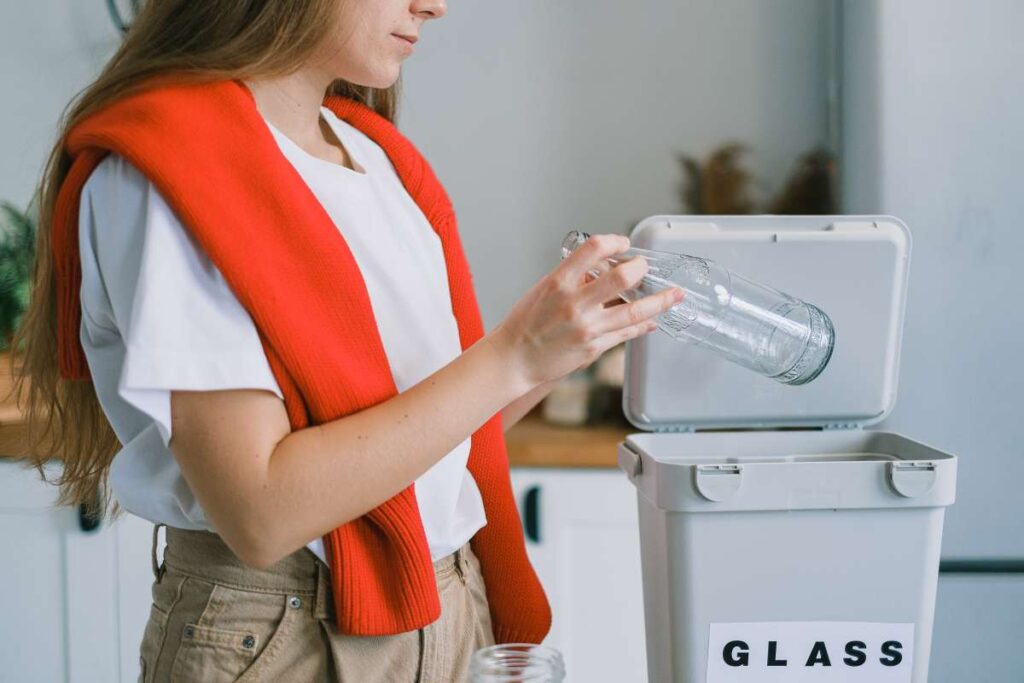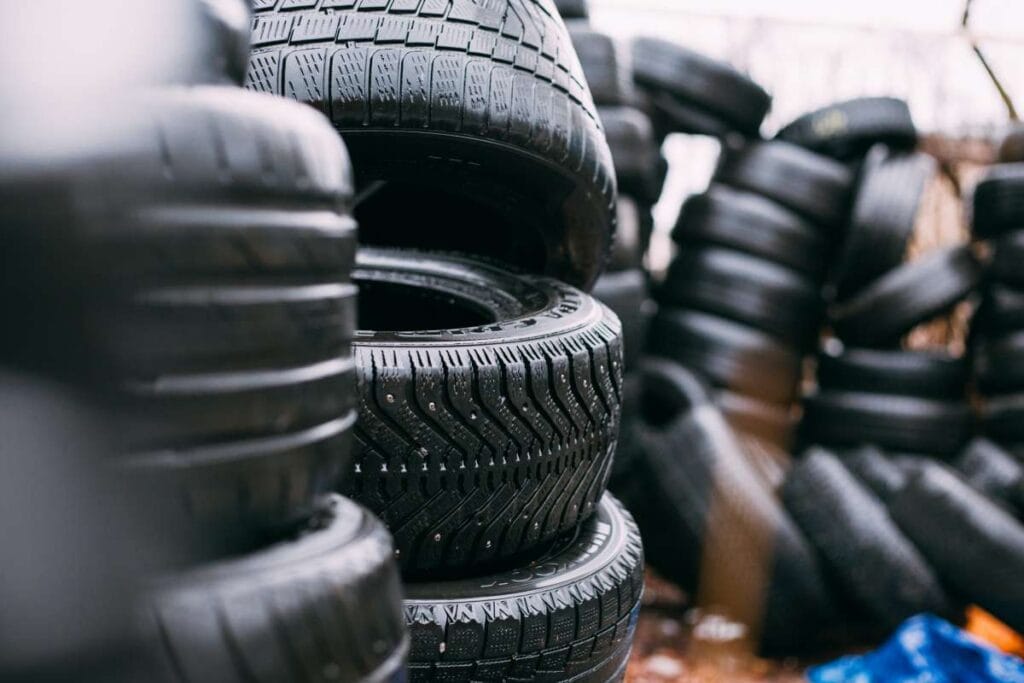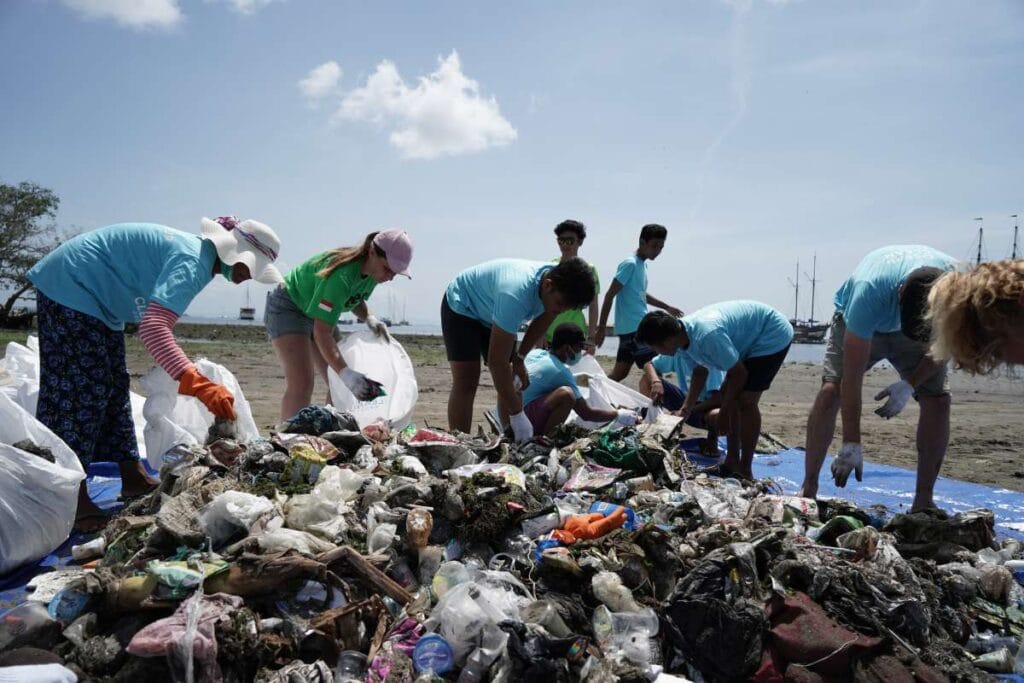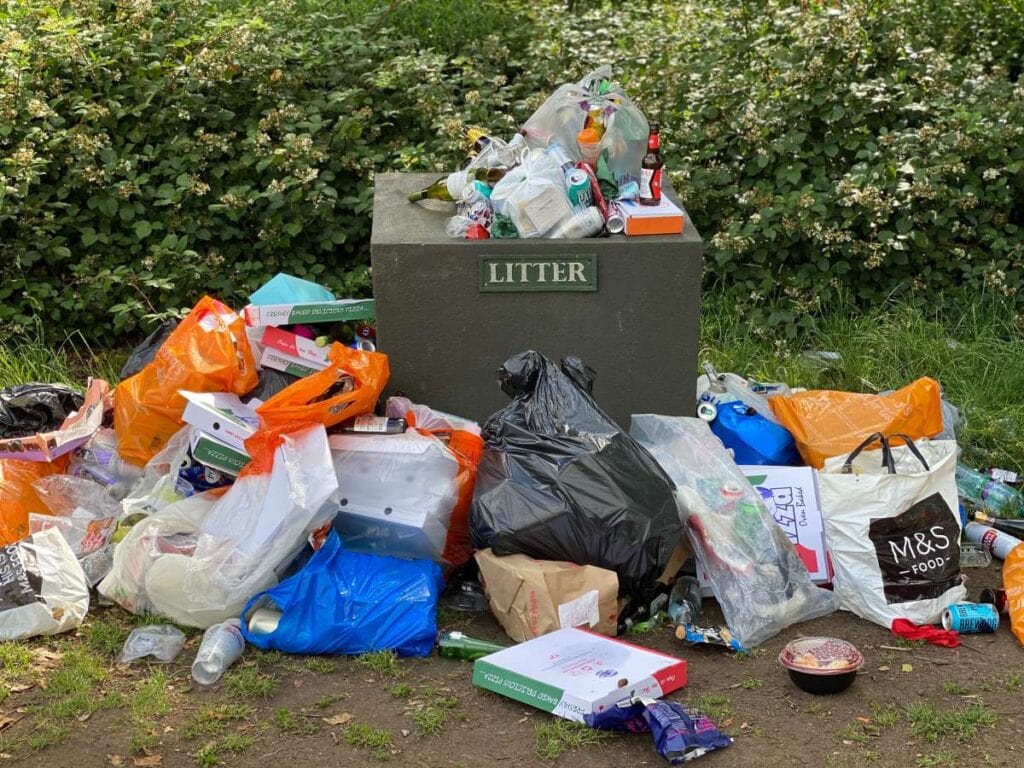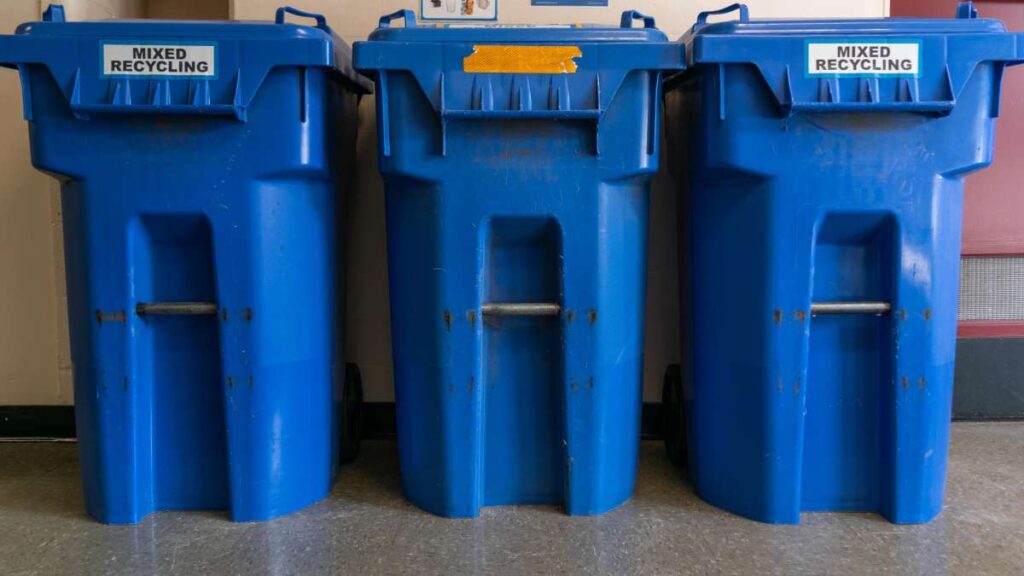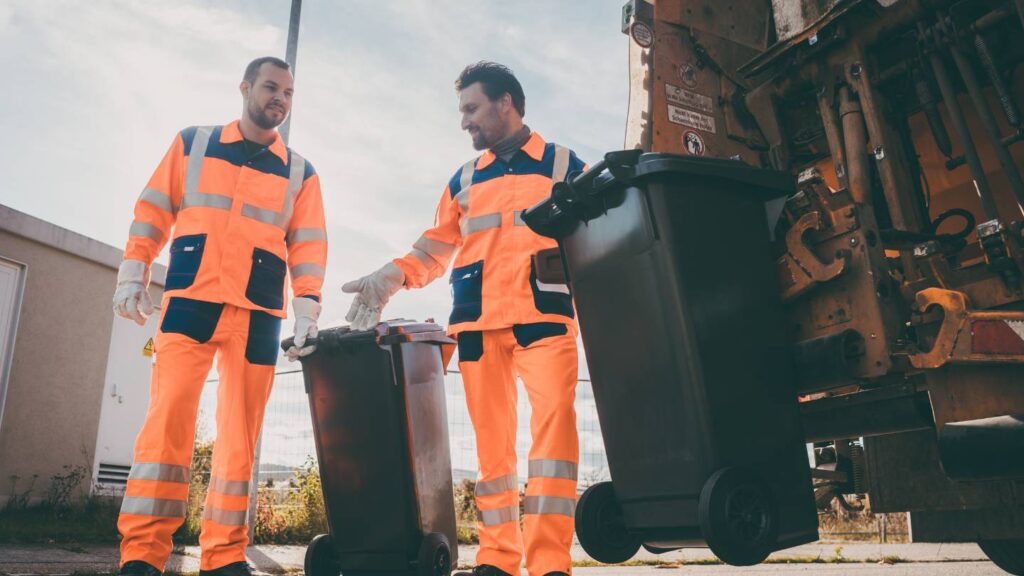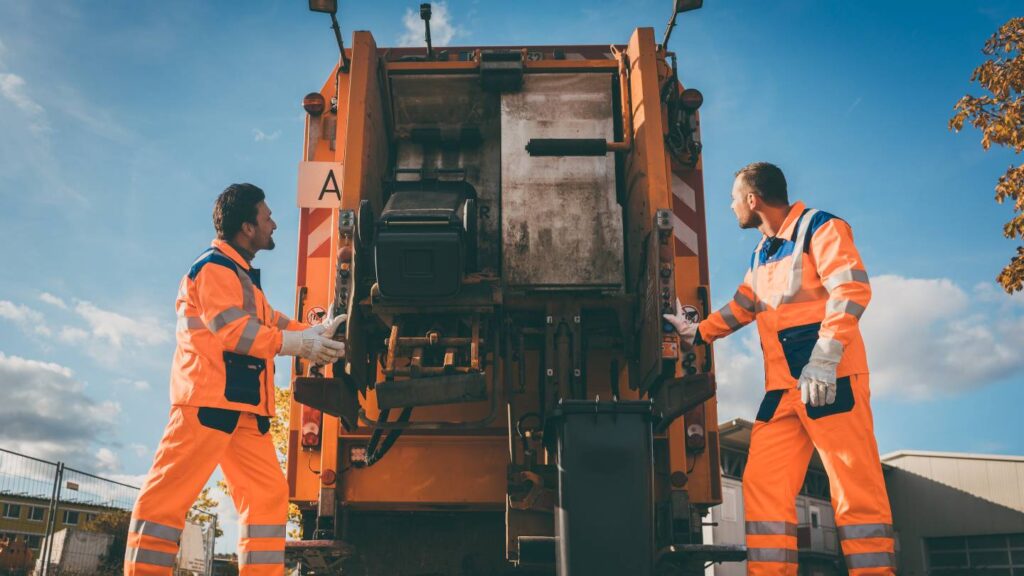Our planet is in danger from the ongoing impacts of climate change, and we must do all in our power to mitigate these threats. Waste reduction ranks high among the most important actions to help make the world a better place.
Why Is Reducing Waste Important?
The average person produces nearly 4.5 pounds of garbage daily, which amounts to more than 1600 pounds of garbage in a year. By decreasing the quantity of trash transported to landfills and, by extension, the carbon emissions emitted into the atmosphere, minimising waste or adopting a zero-waste lifestyle can aid in conserving the planet's most precious resources.
Cutting down on trash helps keep pollution at bay, promoting eco-friendliness, biodiversity, and a harmonious, productive ecology.
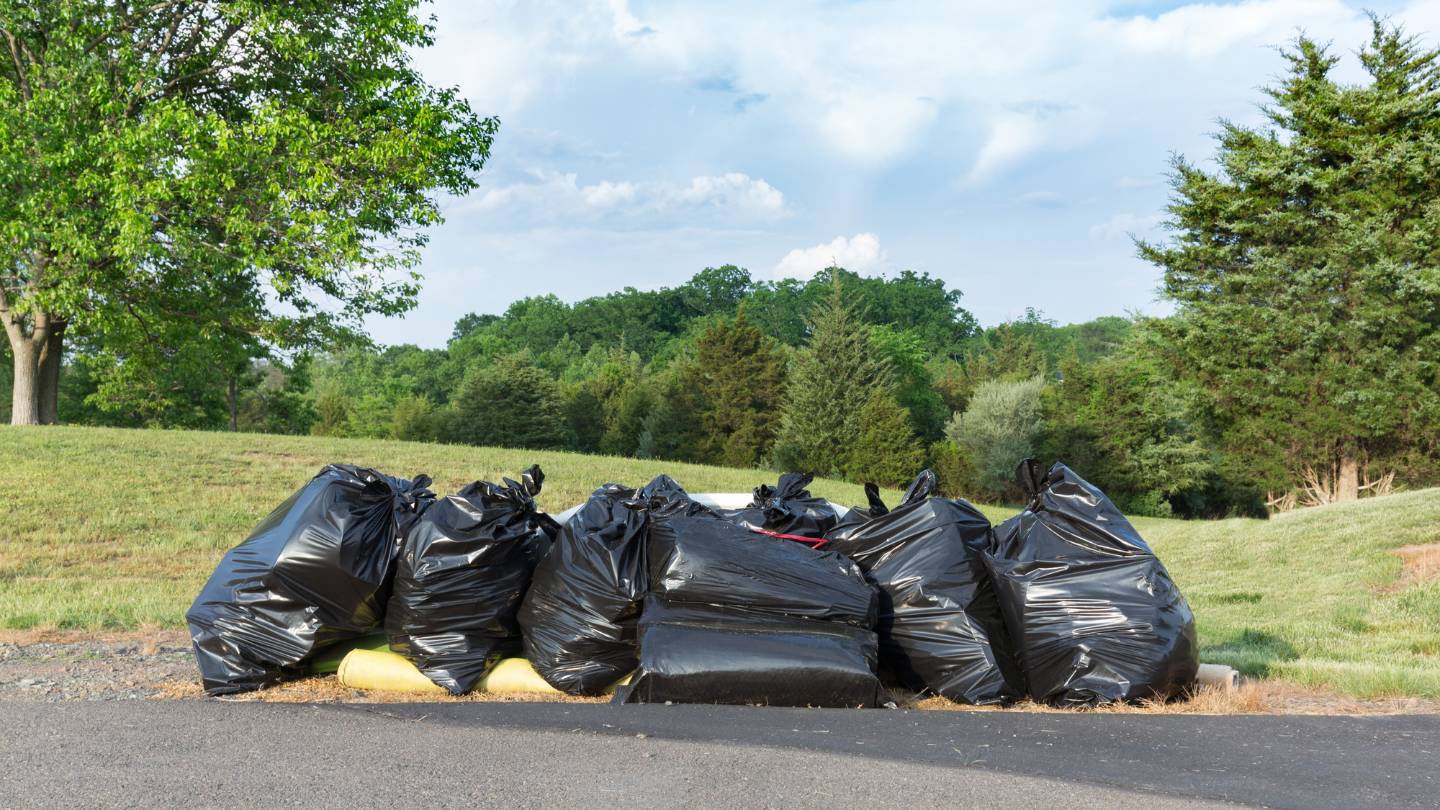
Realistic Strategies for Waste Reduction
To lessen trash and prevent hazardous waste from piling up in landfills, there are numerous viable options, including:
Buy Fresh Produce
Whenever you can, stock up on fresh produce when you go grocery shopping. One approach to reducing plastic waste is buying fresh vegetables instead of pre-packaged ones. You can transport fresh food in fabric bags instead of retailer-provided plastic bags.
Compost
Compostable materials comprise a large portion of our food waste, including eggshells and fruit peels. When done properly, composting may transform food scraps into organic food without producing harmful methane. An alternative to synthetic mulches sold in stores is incorporating compost into your home garden.
Getting Rid Of Things With Just One Use
A large portion of the trash and pollution that our world is experiencing is caused by items meant to be used just once, such as plastic bottles, paper goods, paper towels, straws, and cutlery. Use cloth napkins or reusable silverware to reduce paper and plastic waste at meals.
Avoid purchasing single-use water bottles from the supermarket by always having a supply of your own reusable bottles on hand.
Recycle
Simply put, recycling is making something new out of old materials. From doing-it-yourself projects that repurpose old items to transporting unwanted materials to facilities, recycling is a breeze. We can save energy, reduce greenhouse gas emissions, and slow deforestation by recycling instead of harvesting resources. Check out our recycling guide for those who are new to the topic.
Thrift Shop
One wonderful option to recycle and repurpose old items is thrift, which entails purchasing used clothing from flea markets and thrift stores. To prevent furniture and other objects from going to waste in landfills, consider repurposing or upcycling them.
Use Paperless Billing
An estimated seventeen million trees may be spared if all American households opted for paperless billing, as shown in a 2007 study. Electronic billing cuts mail to your house, reducing paper waste. Even while you can't do much about the constant barrage of junk mail you get, you can help the planet by switching to electronic billing.
Use Your Own Containers
When you shop for groceries or plant flowers and veggies, use your containers or bags to cut down on trash. Mason jars can store and plant food. You may transform an old bed sheet into a reusable shopping bag if you don't have any on hand. Avoid throwing away perfectly good paper coffee cups by investing in a washable travel mug. Learn more about repurposing everyday objects into attractive planters.
Some Suggestions to Assist You in Avoiding Waste at Home
Invest In Reusable Instead Of Single-Use Products
Among the most significant sources of global trash, single-use plastics rank high. The fact that single-use plastics aren't recyclable adds insult to injury: they produce more waste than is necessary. The best course of action is to steer clear of it whenever feasible. Fortunately, you can make many easy substitutions to lessen your reliance on single-use plastics. Here are a few fantastic instances of consumables that have a single usage and can be easily replaced:
- Throwaway straws
- Durable food-safe wax wrap
- Green shopping bags
- Durable water container
- Food storage containers made of glass
- Deco cups for coffee
- Baking and culinary gloves made of reusable silicone
- Muffin pans and liners made of reusable silicone
No Plastic Bottles
Nearly 40% of the water offered in bottles is water from the tap. Rather than giving in to deceitful advertising, put your money into a good water filter and a cute refillable water bottle. Although glass is our favourite, there are many more eco-friendly choices! Also, pick up a thermos to enjoy your hot beverage on the move. The best part is that you can tailor it to your tastes while simultaneously cutting costs.
Make A Purchase Of A Set Of Cloth Produce Bags.
Are you familiar with the thin plastic bags sold in the vegetable section? Very inefficient. You can help keep more plastic out of the water by purchasing (and ensuring you bring) a set of cloth produce bags. Bulk products can also be easily transported with these bags. Not to mention, your fruit and vegetables will never look more desirable!
Avoid Purchasing Any Produce That Is Wrapped In Plastic.
In spite of having biodegradable "packaging" by design, many supermarkets rely heavily on shrink wrap, making this a challenging task. How about some bananas in a plastic bag? Let's go on to the next piece of advice!
It Would Help If You Bought From Local Farmers
More nutritious, sustainably grown, delicious, and freshly prepared food will be available. Your money will stay in your community because you'll support local farms. Another option is to enrol in a local food delivery service or join a community-supported agriculture (CSA).
Avoid Single-Use Plastics
Disposable plastics such as plates, straws, and cups are a major problem for landfills and marine ecosystems. Get a charming set of reusable silverware, straws made of stainless steel, and containers to store in your purse or vehicle when you're on the go.
Put Away Your Tea Bags
Microplastics, which are harmful to humans and the environment, are abundant in most tea bags. Rest assured, loose-leaf tea has arrived! You may quickly and easily make a tasty and environmentally friendly cup of tea by purchasing an in-mug strainer or a package of reusable cloth tea bags. Also, experiment with different tea blends to see what you like.
Green Up Your Closet
Opt for eco-friendly labels or peruse the selection at your neighbourhood secondhand store. Clothing that is new, gently used, or unique can be found at a discount.
It would help if you prepared yourself to hear "Where did you get that?" a lot. Also, while you're there, give away those jeans you last wore a decade ago.
Make A Meal Plan
In order to avoid wasting food, it is a good idea to plan your meals in advance.
The three meals of the day can be planned out in advance. The next step is to list everything you'll need to buy.
Make it a point to purchase items in as little plastic packaging as possible.
Try Some Vegetables
Everyone would go vegan and put an end to the ecologically disastrous practice of factory farming in an ideal zero-waste society. Select locally farmed, humanely slaughtered meat if you simply cannot or will not abstain from meat. Also, think about starting a weekly practice of meatless Mondays at your house. The satisfaction and deliciousness you may get from plant-based meals may surprise you.
Eat Less Waste By Composting Your Food Scraps
You might be surprised by how much weight food crumbs add to your garbage can. Landfilling food scraps emits methane into the atmosphere, which in turn causes planet warming.
One way to lessen the impact on the environment is via composting.
If you need help figuring outhere to begin, this is a great article about composting.
If you cannot compost at home, you can consider your neighbourhood a community garden.
Beeswax As An Alternative To Plastic Wrap
Similar to plastic wrap but with a more eco-friendly twist, beeswax, fabric, oil, and pine resin make-up bees wrap. They come in various sizes, styles, and forms, so everyone can find something they like. It eliminates much single-use plastic while being surprisingly effective and reusable. In addition to being a wonderful present, beeswax wraps are simple to create.
Consider Using Cotton Pads Or Menstrual Cups
A woman's lifetime consumption of menstrual products ranges from five thousand to fifteen thousand, according to an article published by National Geographic.
Sadly, most of these things wind up in landfills as trash. Another option for women is to use reusable cotton pads or menstruation cups.
Give Ugly Veggies And Dented Cans A Chance.
A lot of food is wasted when people go grocery shopping expecting perfectly smooth and glossy vegetables. Be sure to peruse your neighbourhood grocery store's "last chance" section. You can avoid throwing these things in the trash and find bargains on what you need. Ugly veggie delivery businesses like Misfits Market are also worth looking into.
Reuse Old Clothes
Try making cloth rags out of old, unsalvageable garments instead of paper towels for those really grimy household cleaning jobs. Check with your neighbourhood thrift shop; they can have bulk rags made from unsalable contributions if you go through a lot. Another option is to make a bag from an old T-shirt if it no longer fits.
Use Bars Instead Of Soap Bottles
Nothing like that! Ditch the plastic bottles of wash-in conditioner, soap, and shampoo. Because bars are more economical and have a longer shelf life than bottled items, they are of great value. Another option is to make your cosmetics from scratch if you're ready for anything more ambitious.
Create Your Own Home Cleaning Supplies
Did you know that the chemicals used in traditional cleaning solutions can negatively impact our bodies, our water supply, and the endocrine system? Suppose you want to clean your countertops, shower, toilets, and floors without harming the environment. In that case, you can easily whip up a homemade solution by mixing baking soda, lemon juice, and vinegar.
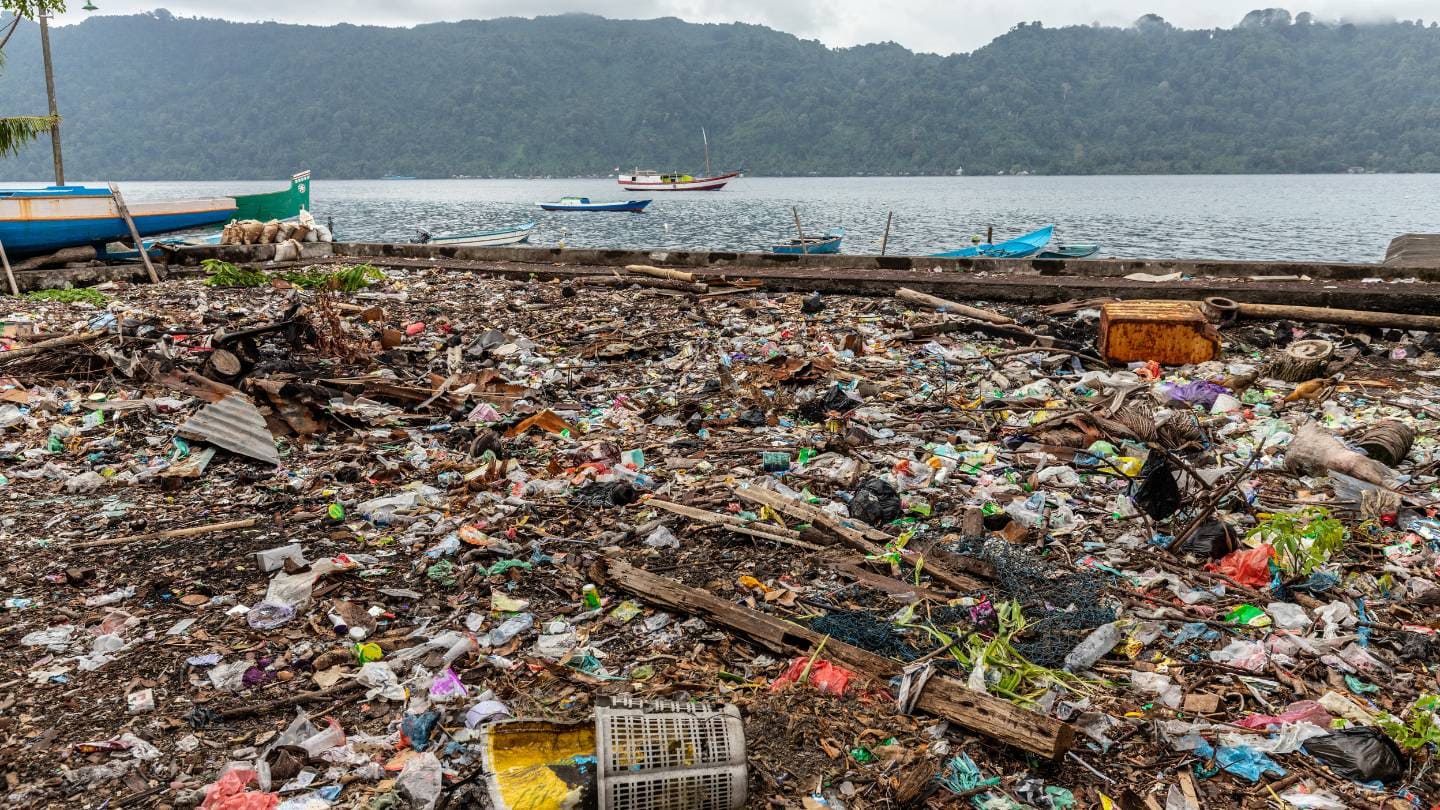
Check The Air Filter In Your Car
A filthy air filter can give up to 10% less gas mileage. Read the handbook to find out how to change the filter and what kind of filter your vehicle needs. And you shouldn't be scared! The solution is simple, and anyone can implement it!
Recycle Spare Tires
Plenty of businesses are willing to recycle them. In exchange for payment, certain tyre businesses will also recycle them. Upcycling them into something new, like a tyre swing or a dog bed, is another option.
Substitute Digital For Print
Eliminate paper and ink waste by converting to digital documents. While you're about it, request that all your bills be sent electronically and always use electronic receipts instead of paper ones. You can avoid needless chemical exposure by not using receipt paper, typically coated with harmful BPA and BPS.
Conclusion
Climate change poses a significant threat to our planet, and waste reduction is crucial to mitigate these threats. By reducing the amount of trash transported to landfills and carbon emissions, we can conserve the planet's resources and promote eco-friendliness, biodiversity, and a productive ecology.
Strategies for waste reduction include buying fresh produce, composting, reusing items with just one use, recycling, thrift shopping, using paperless billing, using reusable containers, investing in reusable products, avoiding single-use plastics, purchasing cloth produce bags, and avoiding plastic-wrapped produce.
By adopting these strategies, we can reduce our reliance on single-use plastics, reduce our reliance on plastic bottles, and contribute to a cleaner, more sustainable world. By adopting these strategies, we can help reduce our environmental impact and contribute to a healthier, more sustainable future.
To reduce waste, consider buying from local farmers, avoiding single-use plastics, using loose-leaf tea bags, greening up your closet, making a meal plan, trying vegetarian options, composting food scraps, using beeswax wraps, using cotton pads or menstrual cups, giving ugly vegetables and dented cans a chance, reusing old clothes, using bars instead of soap bottles, creating homemade home cleaning supplies, checking your car's air filter, recycling spare tires, and converting to digital documents.
By making these changes, you can reduce waste and support local farms, reduce plastic pollution, and create a more eco-friendly lifestyle. Additionally, consider using reusable bags, cotton pads, and menstrual cups instead of plastic ones, and consider creating homemade cleaning solutions instead of using chemical-laden products.
Content Summary:
- Waste reduction is important to mitigate the impacts of climate change and conserve resources.
- The average person produces 4.5 pounds of garbage daily, leading to over 1600 pounds of garbage in a year.
- Waste reduction helps reduce carbon emissions and pollution, promoting eco-friendliness and biodiversity.
- Strategies for waste reduction include buying fresh produce, composting, avoiding single-use items, recycling, thrift shopping, using paperless billing, and using your own containers.
- Investing in reusable products can help reduce single-use plastics, such as straws, food wrap, shopping bags, water bottles, and food storage containers.
- Avoiding plastic water bottles and using a water filter and refillable bottle can help reduce waste.
- Using cloth produce bags and avoiding plastic-wrapped produce can help reduce plastic waste.
- Buying from local farmers and supporting local food delivery services can promote sustainable and fresh food.
- Avoiding single-use plastics like plates, straws, and cups by using reusable alternatives can reduce waste.
- Choosing loose-leaf tea and eco-friendly clothing options can help reduce waste.
- Planning meals in advance and purchasing items with minimal plastic packaging can help reduce food waste.
- Considering a plant-based diet or practicing meatless Mondays can reduce waste and promote sustainability.
- Composting food scraps can reduce methane emissions and waste.
- Beeswax wraps can be used as an alternative to plastic wrap, reducing single-use plastic.
- Using reusable cotton pads or menstrual cups can reduce waste from menstrual products.
- Buying "ugly" vegetables and dented cans can help reduce food waste and find bargains.
- Reusing old clothes as cloth rags or making bags can reduce the use of paper towels and plastic bags.
- Using bars instead of soap bottles can reduce plastic waste.
- Making homemade cleaning supplies can reduce the use of chemicals and plastic packaging.
Frequently Asked Questions
Households can plan meals, store food properly, and repurpose leftovers to minimise food waste. Composting can also be employed for unavoidable food scraps.
Individuals can participate in community clean-up efforts by joining local initiatives, organising neighbourhood clean-up events, and promoting awareness about responsible waste disposal.
Convenient ways to reduce plastic waste include using reusable water bottles, bringing a reusable coffee cup, and choosing products with minimal or eco-friendly packaging.
The "three Rs" promote responsible consumption by reducing unnecessary purchases, reusing items whenever possible, and recycling materials to divert them from landfills.
Educating others about easy ways to reduce rubbish waste is essential for fostering a collective commitment to sustainability, promoting positive environmental habits, and ensuring a healthier planet for future generations.
